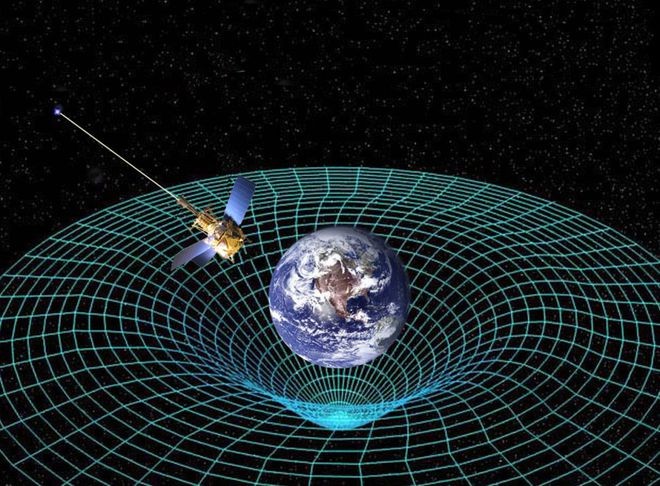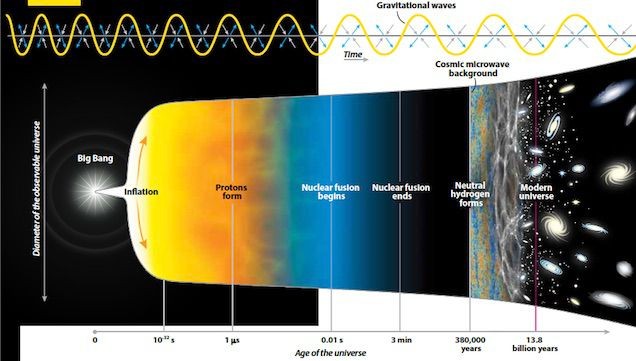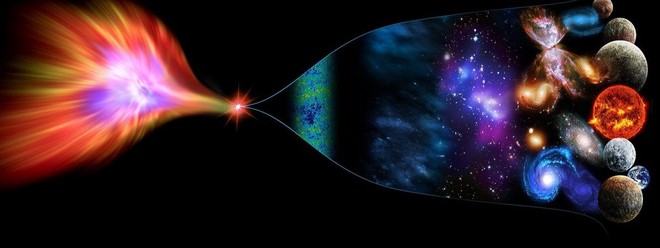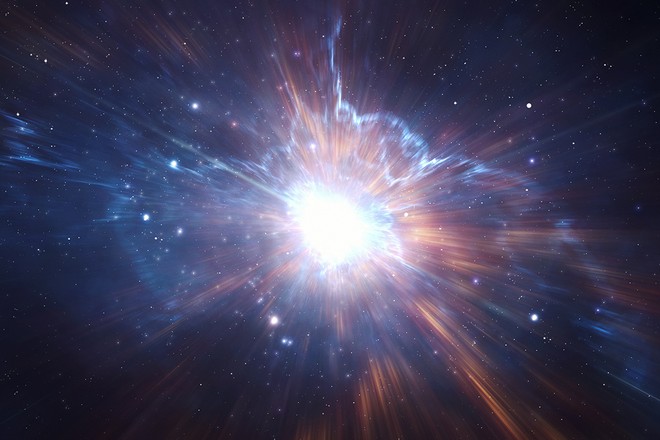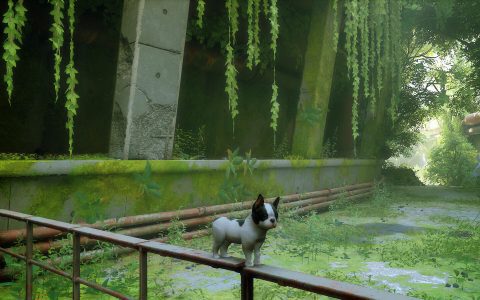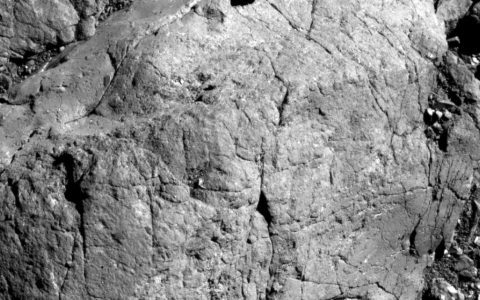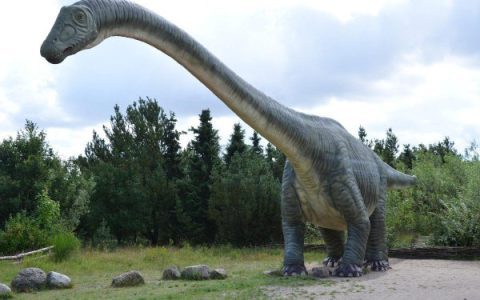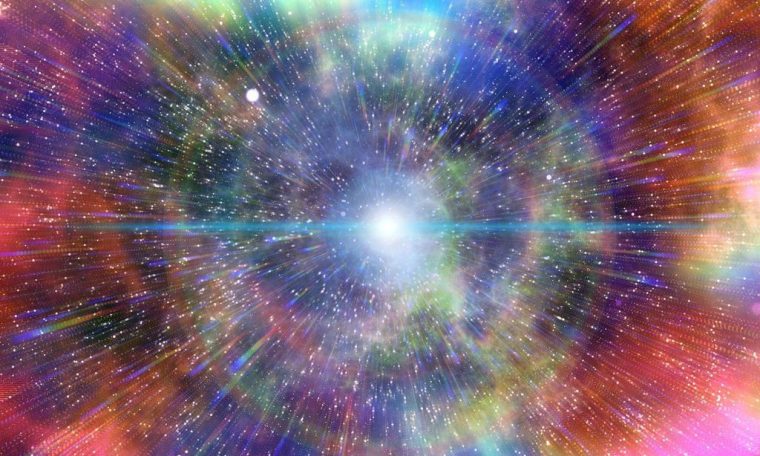
A group of scientists is questioning Albert Einstein’s theory of general relativity, and challenging the idea that the universe is constantly expanding and that this would mean the “beginning” of everything, or the Big Bang.
Currently, the idea of the Big Bang is accepted by the scientific community, but another theory seeks to replace it with a new understanding of space, time, and the beginning of the universe. Or rather, lack of beginnings.
Many consider the theory of Imperfect general relativity, and although it is effective in explaining the universe on a large scale, the idea put forward by Einstein is inconsistent with quantum mechanics and black holes.
In other words, Einstein’s work cannot explain how microscopic point called singularity, theoretically smaller than any known particle, manages such an extreme gravitational field.
This brings us to the Big Bang, as its most classic theory that the universe originated from a singularity. Therefore, some physicists made some theories such as strings and Causal sets, this one is more recent.
It is noteworthy that both theories, Strings when Causal sets have only hypotheses, because it is not possible to test and observe their predictions through the scientific method.
chance set theory
A slightly older theory proposes that space and time have a fundamental unit, or quantum. According to this view, space-time is made up of its “packages”, as if it were quantized “energy packages”.
If spacetime is quantum, a range of implications must be considered. Fundamental particles, or spacetime, would have discrete units, and would impose certain limits on what would happen in the universe.
If chance set theory is correct, then there is a limit to how close two points can be to each other, and this limit is limited to the size of the “spacetime particle”.
In this way, time not only becomes a physical manifestation, the singularity becomes impossible. With no singularity in the universe, there is no more conflict with gravity that has to be resolved.
However, if the universe had no singularities, then there was no Big Bang either. So how did the universe come to be?
new theory
A new article, created by Bruno Bento and Stav Zallel of the University of Liverpool and Imperial College London, respectively, are trying to forge a new path. Basically, they claim that the universe has always existed based on everything we know.
According to scientists, there would be no Big Bang as the beginning, because the causal set would be infinite to the past, so there is always something first.
Many scientists also accept some hypotheses about events that occurred before the Big Bang, including scientist Roger Penrose, who won the Nobel Prize for his demonstration of black hole properties, along with Stephen Hawking.
Researchers Penrose and Hawking have already warmly defended the idea that there was another universe before us, specifically another universe that expanded and then retreated, until it returned to the singularity.
The difference between this hypothesis and causal set theory is that the latter, there is no singularity. Bento and Zalel’s work is in pre-print on arXiv and awaiting peer review.
So, do you think both scientists are on the right track? Tell us in the comments below!


